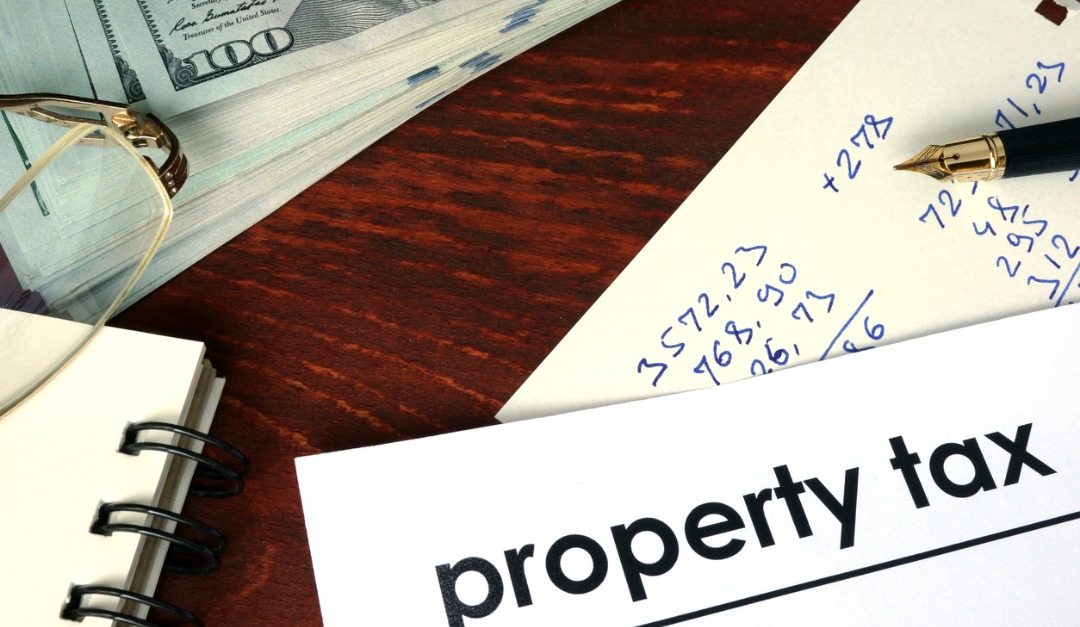The way property taxes are calculated varies from one city or town to another. With a rental property, things can be even more complicated. In addition, multi-family homes are typically taxed at higher rates than single-family houses. It’s important to understand how your tax assessor’s office arrives at its figures and to know when to dispute your assessment so you don’t pay more than you should.
How Is the Value of a Rental Property Assessed?
A local tax assessor will typically review the status of a property every one to five years and adjust its assessed value based on any improvements that have been made. Some tax offices automatically review the assessed value of a property every time it’s sold. The assessor may also consider rental income and expenses, the amount it would cost to replace the property if it were destroyed, and the value of similar properties in the area.
Your local government may ask you to complete an income and expense form to help the tax office assess your rental property’s value. The form will ask for information on the amount of money you received for rent in the past year, any changes you have made to the property since you bought it, and expenses related to owning and managing the property, including repairs, maintenance, cleaning, trash and snow removal, insurance, utilities, advertising and legal fees, and other costs.
How Are Tax Bills Calculated?
Once the tax office has assessed the value of your property, it will calculate your tax bill based on the capitalization rate. That is a way of estimating your annual gain or loss and can be calculated using different methods. The tax assessor’s office will use your property’s assessed value, its cap rate and the local tax rate to calculate the amount of taxes you owe.
How to Avoid Overpaying for Property Taxes
Review your tax assessment to make sure the information your bill is based on is accurate. Call your tax assessor’s office to dispute any information that doesn’t seem right to you or to ask for clarification.
If you think the assessed value of your property is higher than it should be, you can compare it to the assessments for similar properties in the area. You may be able to do that yourself using information found on real estate websites, or you can ask an agent or appraiser for assistance.
If you’re not satisfied with the response you receive from the tax assessor’s office, you can file a formal appeal. You may be able to handle it yourself, but if you would like help, you can contact an attorney or a local non-profit advocacy group.
Some cities and states offer exemptions to specific groups to lower their property tax bills. Conduct online research or contact the tax assessor’s office to find out if you qualify for any exemptions.











